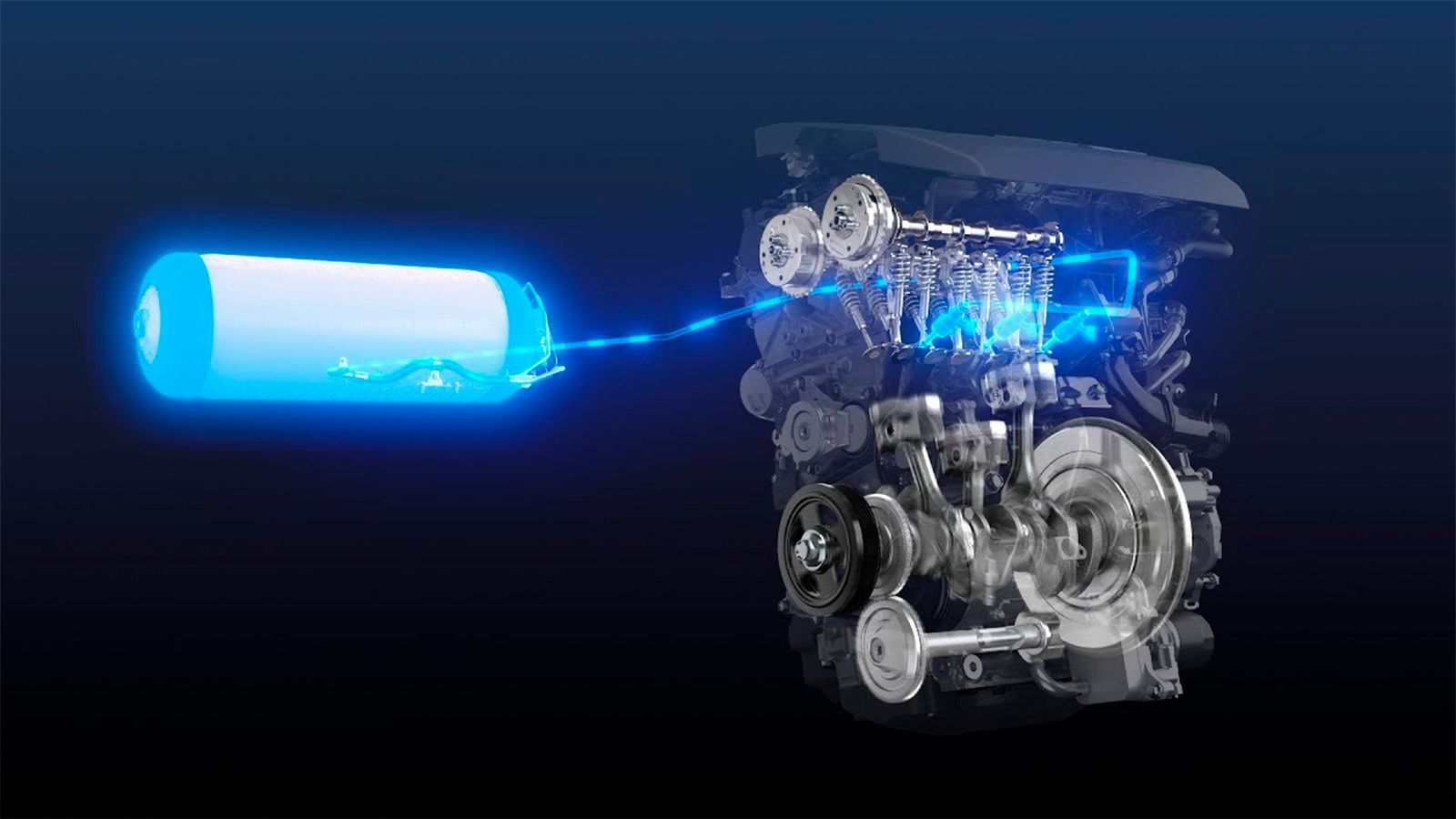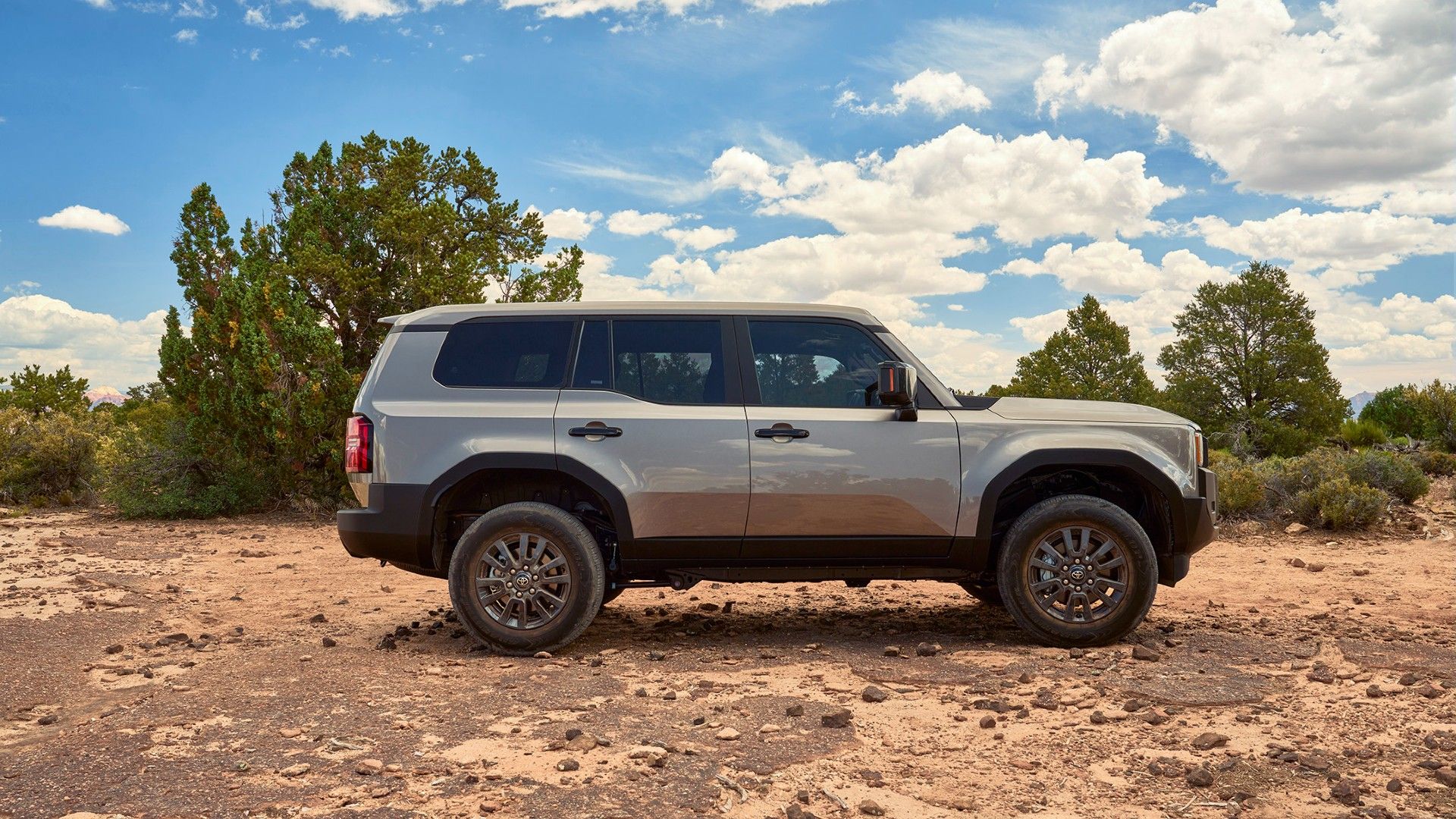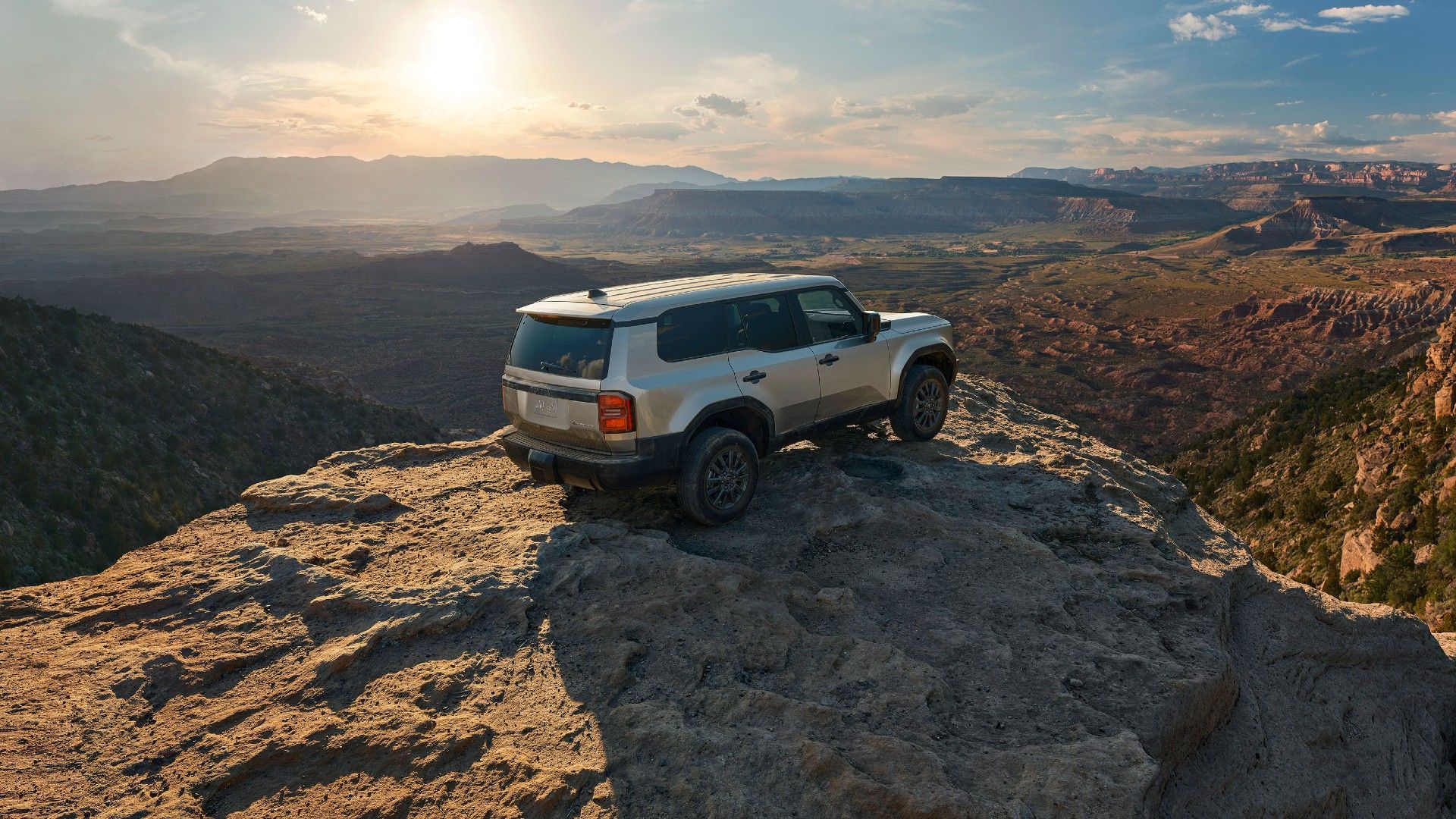Summary
- Toyota is considering shifting the Land Cruiser to hydrogen fuel cell technology, which could have a major impact on the industry and boost Toyota’s EV sales.
- A hydrogen-powered Land Cruiser could offer better driving range, towing capacity, and overall quality compared to hybrid and standard EV models.
- Toyota has set ambitious goals for electric vehicle sales and is investing in renewable manufacturing, including the development of solid-state batteries and the establishment of factories focused solely on EV technology.
In the heart of Tokyo, a monumental challenge unfolds before Toyota Motor Corp. as it grapples with a potential plan for one of its beloved models: the Land Cruiser. This iconic nameplate, renowned for its sheer strength and mass appeal, faces a pivotal crossroads in the era of carbon reduction. The biggest question is maintaining the Land Cruiser’s rugged power while embracing a green future that aligns with the industry’s carbon-reduction goals.
The year 2024 marks a significant milestone for the Land Cruiser lineage. The latest iteration, revealed recently, strides forward as the pioneer in a new era with a gasoline-electric hybrid powertrain. This 48-horsepower electric motor and battery integration is essential to achieving a greener Land Cruiser. However, according to Keita Moritsu, the vehicle’s chief engineer, even this innovative hybridization may fall short of carrying the Land Cruiser’s legacy into the next decade.
In its relentless pursuit of sustainable advancement, Toyota envisions a spectrum of possibilities. Beyond hybrids, the company also focuses on plug-in hybrids, battery electric vehicles, and the idea of hydrogen fuel cells. These choices underscore the pivotal role hydrogen-powered technology could play in shaping the next evolution of the Land Cruiser and the car industry as a whole.
Hydrogen Fuel Cells Are Making Their Way To Toyota Vehicles
- Toyota plans to move past hybrids in its Land Cruiser and onto hydrogen fuel cell technology in the next decade.
With the most recent announcement of Toyota’s 2024 Land Cruiser being the first version equipped with a gasoline-electric hybrid drivetrain, it’s no surprise the Japanese automaker is also looking to offer other options to its customers. In addition to this hybrid model, Toyota is rumored to be testing and implementing hydrogen fuel cell technology into the ever-loved Land Cruiser, which could debut by the decade’s end. Of course, we’re yet to see Toyota create an EV model of this, let alone a hydrogen power source: so this is a long way out.
However, Keita Moritsu, the vehicle’s chief engineer, says even the new integrated 48-horsepower electric motor and battery won’t be enough to see it through to 2030 to meet emission standards set by the company. That said, Toyota has been wary of shifting to 100 percent electric like other car brands because of its sales in the gas-powered vehicle market. Currently, the brand doesn’t have a plan to go fully renewable: but this is subject to change. The new CEO, Koji Sato, has mentioned SUVs and sedans shifting toward hybrid and electric come 2025, but he isn’t hell-bent on the movement.
As one of the world’s largest car manufacturers, it feels like introducing hydrogen-powered vehicles, like the Land Cruiser concept, could put Toyota back on the map in the green driving space.
The Toyota Land Cruiser Shifting To Hydrogen Could Majorly Impact The Industry
- A hydrogen-powered Land Cruiser could boost Toyota’s EV sales.
- The brand continues to tease and test this technology in Japan.
Since the Land Cruiser is known to be Toyota’s rugged option for off-roading, it has surprised many that the company is considering a fuel-cell electric battery versus traditional gas engines. Of course, this is speculation (for now) as Toyota continues to advance in the green sector of car manufacturing. Although they’re taking longer to announce official electric-powered plans, Toyota could be on the brink of changing the industry as we know it. In addition, the development and use of hydrogen to power a vehicle as big as the Land Cruiser would set the stage for other brands to follow suit.
For instance, Ford’s Bronco lineup could easily do something similar, switching from gas to fully or even partially electric via a hydrogen system: so this is a big deal. Toyota has led the way for many years in the eco-conscious sector, with its Prius being one of the best-selling hybrids ever. That’s why we’re not going to assume Toyota is lagging in the EV department on purpose, as the brand has been instrumental in improving clean driving for decades. The Land Cruiser, as big as it is, would need a significant overhaul to be powered by fuel cell technology. Since hydrogen-powered cars often use a combination with a small battery or supercapacitor to power their onboard electric motor, Toyota must formulate this well.
Hydrogen-powered Land Cruiser Will Be More Efficient
On top of being better for the environment, introducing a hydrogen-powered Land Cruiser could mean better driving and power for people wanting a rugged EV. As the newest 2024 Land Cruiser returns to the market, we’re seeing people get excited about it: and then ask why Toyota didn’t include a hybrid or EV version. As 2023 ends and we reach the middle of this decade, consumers are after an electric car: regardless of size.
Therefore, a hydrogen-powered Land Cruiser could have a better range and towing capacity than a typical lithium-ion-powered EV or plug-in hybrid. Fuel cell technology has been proven to be safer, stronger, and better than lithium-ion-powered vehicles time and time again: but it’s very new to the scene and will take years to perfect. However, if a company were to do this successfully, our bet would be on Toyota. Who knows, this Land Cruiser hybrid could be the first of a much larger line of eco-conscious off-roaders from the brand.
It’s speculated that a hydrogen-powered Toyota Land Cruiser could mean better range, towing capacity, and overall quality compared to hybrid and standard EV models.
Many will also notice the stark change in appearance with the 2024 Land Cruiser, with Toyota hinting at that being a potential stepping stone for future internal shake-ups. Again, we will sit tight, see where the current hybrid Land Cruiser goes, and watch for news from Toyota regarding the potential for full EVs and hydrogen-powered technology.
Toyota Could Be The Underdog The EV Industry Needs Heading Into 2030
- Toyota has opened factories solely focused on EV technology.
- By 2030, 1.7 million units out of 3.5 million overall will be provided by BEV Factory.
As we reach a pivotal point for EVs, Toyota (and many other brands) has shifted to a greener, cleaner way of building and selling cars. Starting with the Prius and now moving toward a hybrid Land Cruiser for 2024, Toyota is making strides toward renewable manufacturing. Moreover, Toyota has a goal of achieving sales of 1.5 million all-electric vehicles per year by 2026, and selling 3.5 million all-electric vehicles annually by 2030. That would be a major boost from current numbers, as the brand has yet to embrace full electricity in almost all of its models.
Toyota’s most recent messaging has been “Let’s Change the Future of Cars,” which has focused on electric driving, and more specifically: incorporating hydrogen technology instead of traditional batteries. Not only this, Toyota has also been in the early phases of developing solid-state batteries for its cars, which have proven to have better range, safety, and long-term quality versus lithium-ion. With factories planned and opening focused solely on BEVs, this would be a great step in the right direction for a car like the hydrogen-powered Land Cruiser. Of course, we’re only in the beginning chapter of this technology: so give Toyota some time to perfect its vision.
Source
https://www.topspeed.com/new-toyota-land-cruiser-hydrogen/






